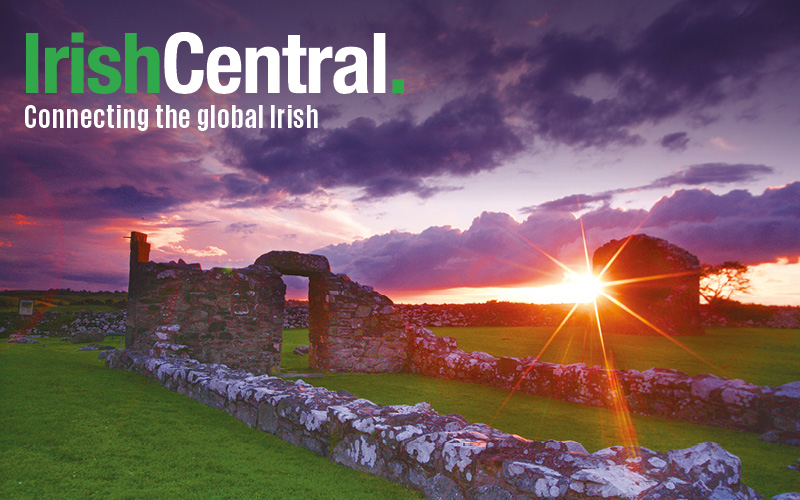In hopes of proving a genetic link between Ireland’s oldest families and the Vikings, a team of researchers will be conducting DNA tests on people from Galway, Limerick, Wexford, and Tulsk in Roscommon.
The research will focus on males over the age of 18 who have an “established” Viking surname.
"Our primary focus is Wexford, Limerick and Galway, and the Tulsk people are our control group. We're hoping Vikings didn't make it that far," said Dr Catherine Swift, of Mary Immaculate College which is leading the research with help from the University of Leicester.
The research will only focus on males as the scientists are examining the Y-chromosome, unique to males.
“One side of the study is the theory that DNA doesn't mutate very much between father and son so it's easy to identify Vikings because the DNA has been handed down directly from father to son," Dr Swift told the Irish Independent.
Besides navigating the genetic link between the Irish and the Vikings, the scientists hope to examine the extent to which the Vikings in different parts of the country intermarried with the native Irish.
"There are Broders in Limerick and Brodericks in Galway. Both are Viking names and we want to know if they are related or not," said Dr Swift.
Dr Swift added, "Irish surnames have very clear ethnic diversity, whether they are Norse, Norman, English or Irish. We hope to see if the Vikings who settled in Ireland are directly from Norway or if they came via England or Normandy.”
The sampling, which involves only a simple cheek swab, will occur from October 20-22 and hopes to reach some conclusions to share in time for The Gathering 2013. For more information, see www.leicestersurnamesproject.org.uk or contact [email protected].




Comments